
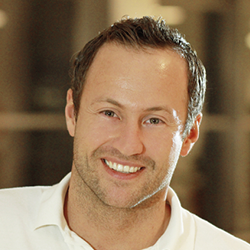
Prof Xenofon Baraliakos
Professor Xenofon Baraliakos is the Head of Rheumatology at the Rheumazentrum Ruhrgebiet, Herne, Germany, and Professor for Internal Medicine and Rheumatology at the Ruhr-University Bochum, Germany.
He studied human medicine at the University of Magdeburg, Berlin, Germany, and received his PhD degree in 2005. Professor Baraliakos was awarded his official Board Degree in orthopaedic surgery in 2007, and in internal medicine and rheumatology in 2014. His research interests include clinical and academic research in the field of spondyloarthritis, with special emphasis on imaging outcomes and treatment of the disease.
Among others, Professor Baraliakos won the European Workshop for Rheumatology Research (EWRR) Award in 2005, the European Alliance of Associations for Rheumatology (EULAR) Young Investigator Award in 2006 and 2008, the German Patient’s AS Society Award in 2010 and the Award for Excellence in Clinical Research from the European Society for Clinical Investigations (ESCI) in 2014.
Professor Baraliakos is the current president of the Assessment of Spondyloarthritis International Society (ASAS) and past Chair of the EULAR standing committee for musculoskeletal imaging. He also acts as a reviewer and is an associate editor in a number of major rheumatological journals.
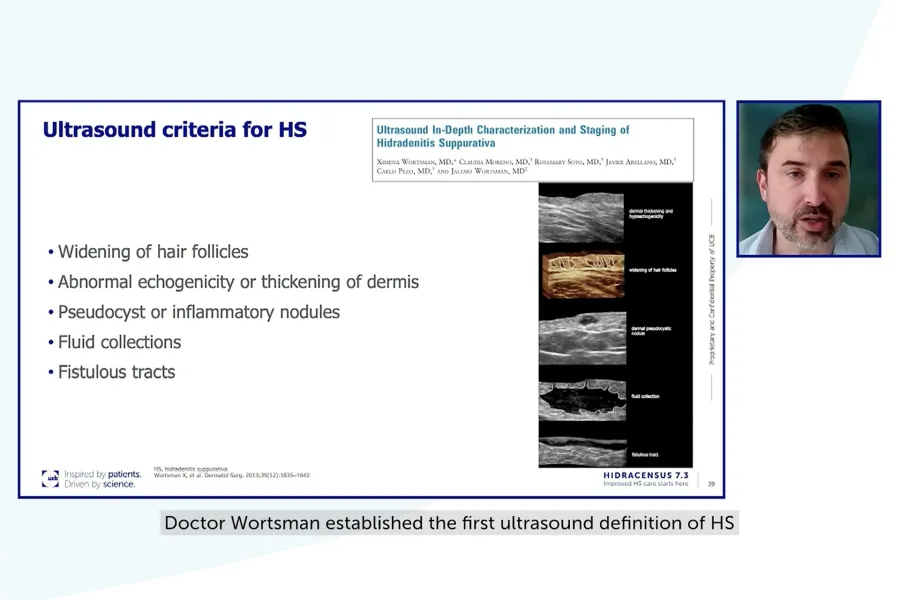
Use of imaging in HS management
Transformative role of ultrasound and magnetic resonance imaging in HS management, and how AI-driven technologies may enhance disease characterisation
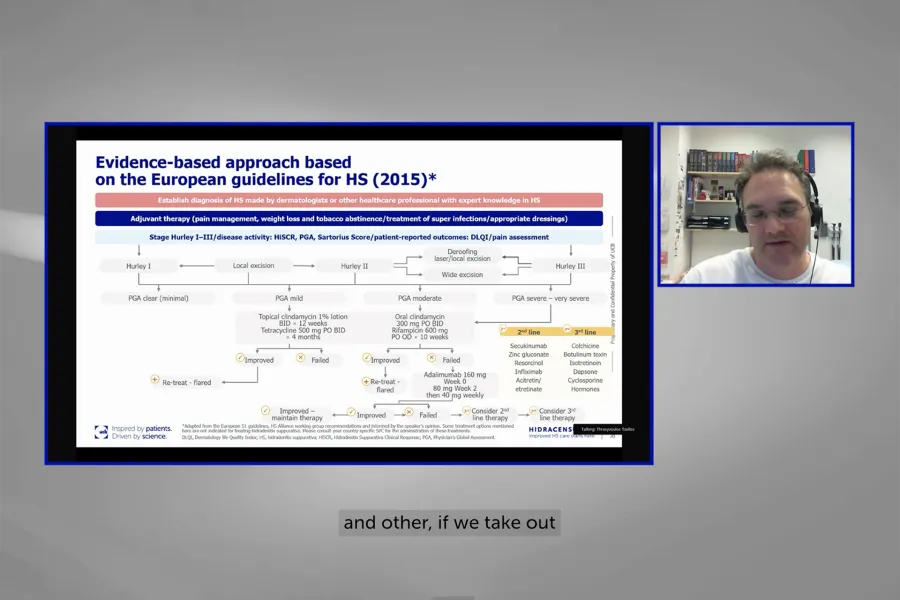
Evidence-based approach to medical management based on the European guidelines for HS
Latest evidence-based strategies for effective HS medical management including antibiotics and biologic therapy
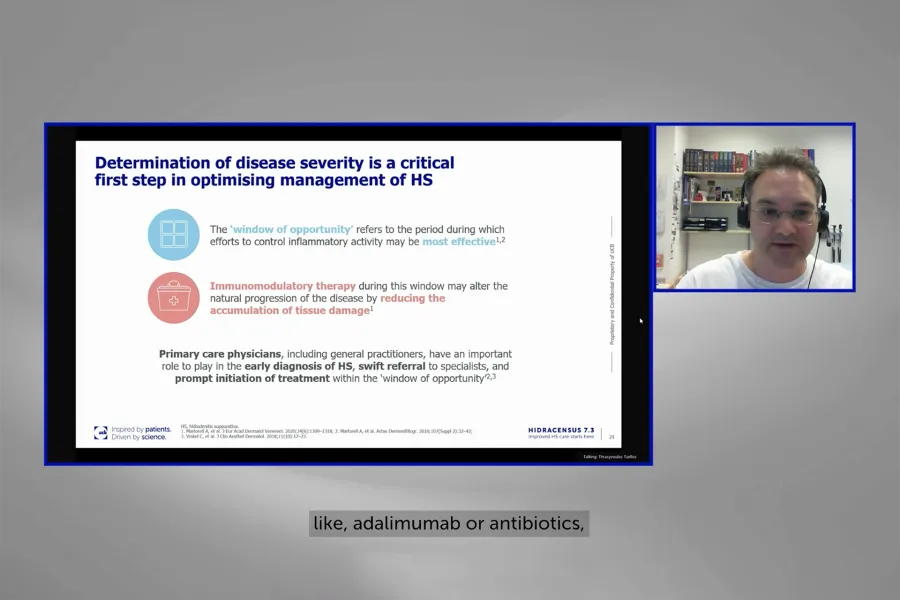
Informed decisions for effective HS management
Different HS phenotypes and disease severity scores: their role in informing management decisions
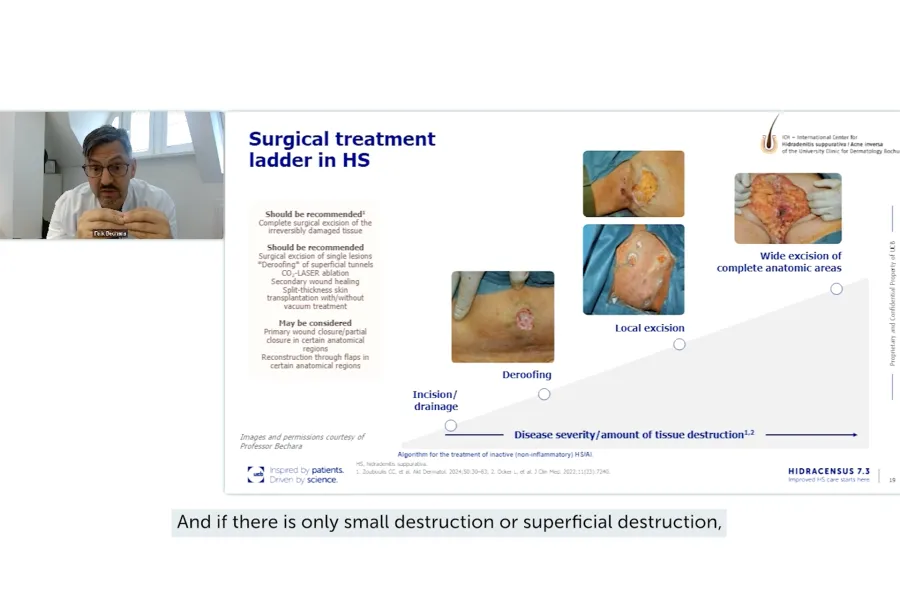
The role of surgery in HS management: Optimising patient results
Surgical management of HS, through minor procedures to more complex interventions
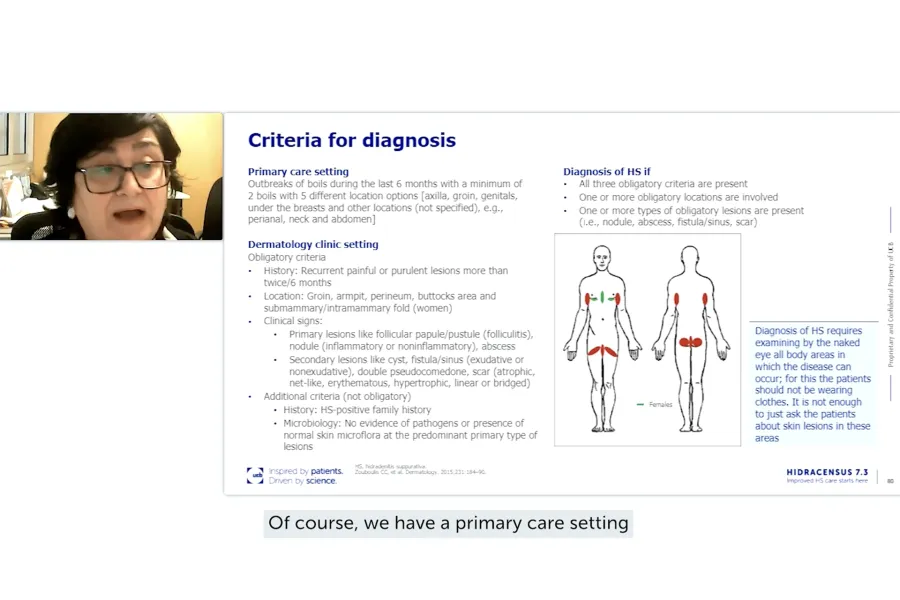
Recognising HS symptoms: Diagnosis and what you need to know
Key criteria for diagnosing HS, common misdiagnoses and how AI can be used to assess disease severity
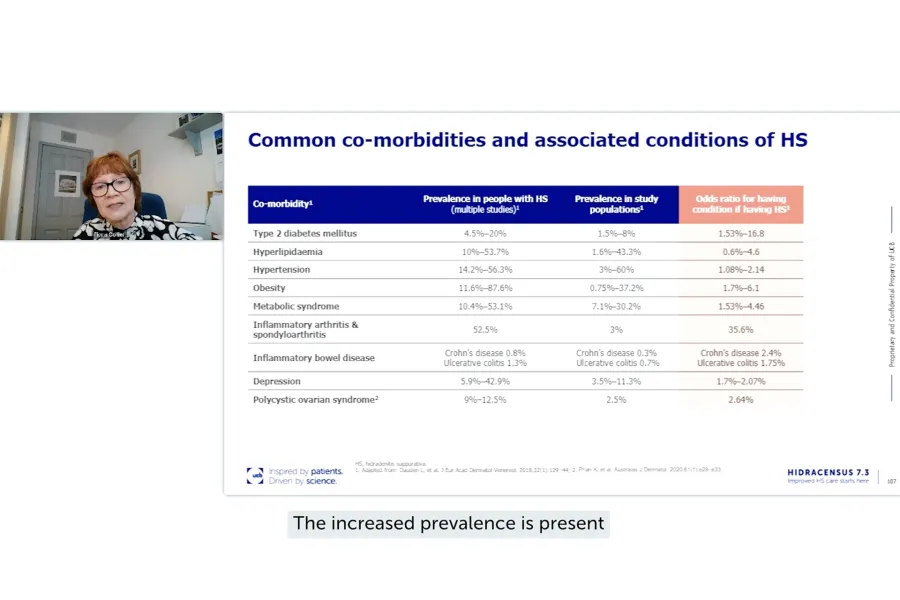
Taking a holistic approach: HS and its comorbidities
HS often presents with comorbidities extending beyond the skin. A holistic approach is essential for effective HS management